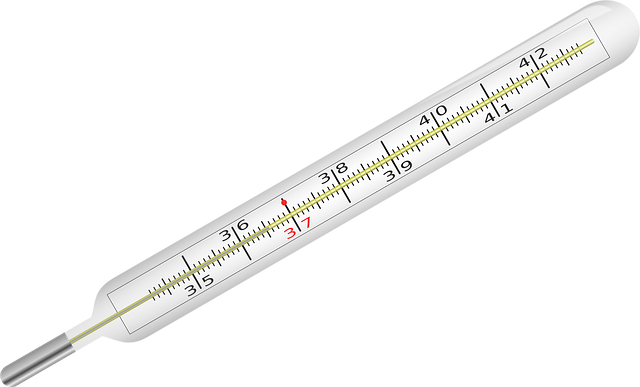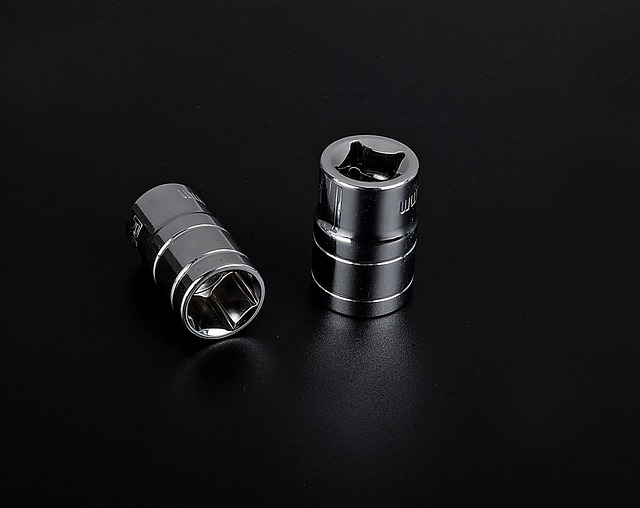Hard-to-treat warts require specialized care from UK dermatology wart removal clinics like those in Salford, Birmingham, and Chelmsford. Reputable facilities offer cryotherapy, laser therapy, and surgical excision for various wart types. Aftercare is crucial for healing and preventing complications, with guidelines specific to each treatment method. Good hygiene, avoiding contact with infected areas, and prompt evaluation of new symptoms are essential to prevent future warts.
Need specialized care for hard-to-treat warts? This comprehensive guide explores the intricacies of understanding and managing these persistent skin issues. From unraveling the causes and types of various warts to delving into effective dermatology wart removal clinics, we offer valuable insights. Discover a range of treatment options, learn how to choose the right clinic, and gain essential aftercare and prevention strategies. Achieve clear, wart-free skin with expert guidance.
- Understanding Hard to Treat Warts: Causes & Types
- Exploring Dermatology Wart Removal Options
- Selecting the Right Clinics for Effective Treatment
- Aftercare and Prevention Strategies for Warts
Understanding Hard to Treat Warts: Causes & Types

Hard to treat warts can be frustrating and persistent, often requiring specialized care from a dermatology wart removal clinic. These warts, also known as verrucae, are caused by the human papillomavirus (HPV) and can affect various parts of the body, including the hands, feet, and even face. Unlike common warts, which typically go away on their own, hard to treat warts may persist for months or even years, leading many to seek professional help.
Different types of warts include flat warts, filiform warts, and verrucae vulgaris, each with unique characteristics and levels of persistence. The location of the wart can also play a role in its treatment. For instance, warts on sensitive areas like the face or genital region may require more delicate approaches, while those on the hands or feet might be treated more aggressively. Professional treatments offered by clinics like the Woking wart clinic, Bolton wart removal service, or Liverpool wart clinic often include cryotherapy, laser therapy, and topical medications to target and eliminate these stubborn warts effectively.
Exploring Dermatology Wart Removal Options

When dealing with hard-to-treat warts, seeking specialized care from a dermatology wart removal clinic is essential. There are various options available to patients, each with its own advantages and considerations. From traditional methods like cryotherapy (freezing) and topical treatments to more advanced procedures such as laser therapy or surgical excision, a qualified dermatologist can determine the most effective approach for individual cases.
In the UK, reputable clinics like those in Salford, Birmingham, and Chelmsford offer private wart removal services. These specialist centres ensure patients receive expert care in a comfortable and confidential setting. Whether it’s a stubborn common wart, plantar wart affecting your foot, or a more complex case, consulting with a dermatology expert can provide much-needed relief and long-term solutions for effective wart removal.
Selecting the Right Clinics for Effective Treatment

When seeking specialized care for hard-to-treat warts, selecting the right clinic is paramount. Look for dermatology wart removal clinics that boast experienced and certified specialists who can offer a range of effective treatments. Reputable clinics like those found in Leeds or Wakefield often provide advanced options tailored to specific wart types, ensuring personalized and successful outcomes.
Consider factors such as facility cleanliness, patient reviews, and the availability of modern equipment when making your choice. A private wart removal service might be ideal if you prefer discreet and specialized attention. Remember, how to get rid of warts on feet or other areas can vary, so a clinic that caters to these unique challenges is invaluable.
Aftercare and Prevention Strategies for Warts

After successful dermatology wart removal at a specialized clinic, proper aftercare is crucial to prevent complications and ensure complete healing. This includes keeping the treated area clean and dry, gently exfoliating the skin to remove any dead skin cells, and applying recommended topical medications as advised by your dermatologist. It’s important to note that each wart removal method may have specific post-procedure guidelines, so follow your healthcare provider’s instructions precisely.
To prevent warts from returning, adopt several strategies. Regular hand washing with soap and water, especially after using public restrooms or before meals, can help eliminate viruses. Avoid touching or scratching warts and avoid sharing personal items like towels or shoes with infected individuals. Additionally, since warts can be contagious, keeping them covered when in public spaces can reduce the risk of transmission. If you notice any new warts or recurring symptoms, such as genital wart symptoms, it’s essential to schedule an appointment at a dermatology wart removal clinic for evaluation and effective wart treatment options.
When dealing with hard-to-treat warts, seeking specialized care from a reputable dermatology wart removal clinic is crucial. With advanced treatments and expert knowledge, these clinics offer effective solutions for various wart types. By selecting the right facility, you can ensure a successful removal process, minimizing discomfort and preventing future infections. Remember, proper aftercare and preventive measures are also vital to maintaining healthy skin and avoiding recurring warts.
